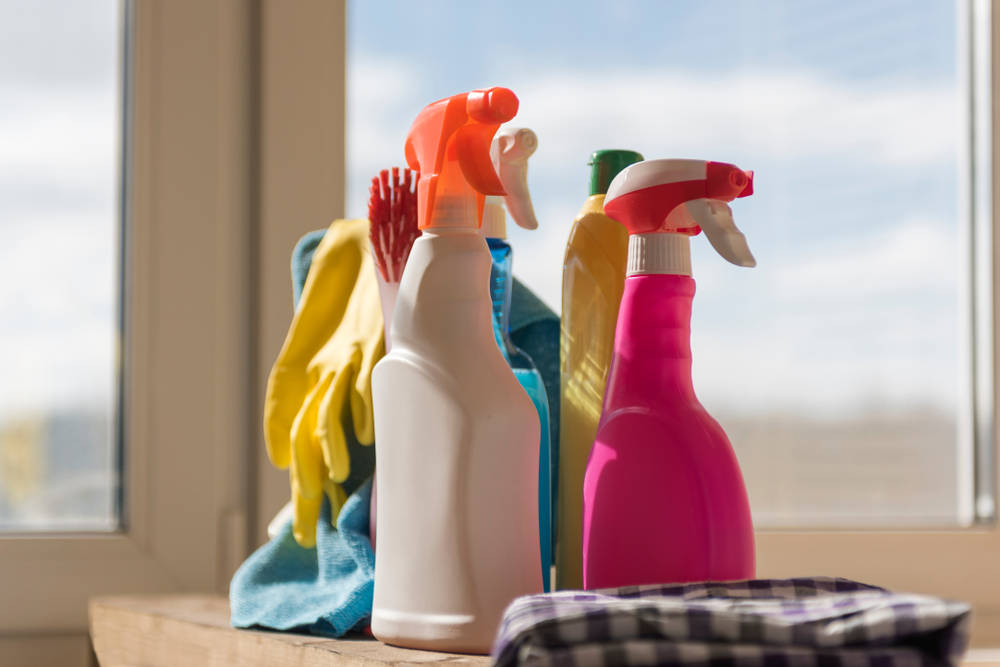The current unit I’m studying for my degree is about sustainability and how small businesses can help to protect not only the environment but our local communities. There are many reasons you might want to build a greener business, as in addition to the ethical advantages there are marketing benefits to be had in terms of how customers and employees perceive your company. Plus single use plastic is bad, bad, bad and it pains me how much we seem to use.
Of course, there’s a tendency to think these issues affect large businesses rather than smaller businesses, yet every little helps, and small businesses are just as required to engage in greener practices under the Energy Saving Opportunity Scheme (ESOS phase 2), meaning it’s not only “good practice” it’s becoming more and more “required” in order to reach the European target of 20% energy reduction by 2020.
Here are some things you might like to consider:
- Have a greener company culture : Engage your employees in coming up with ways to create a greener company culture, as this way they are likely to be more involved and incentivised to follow through on the plans laid out. Of course, some people will be more into it than others and you don’t want to create an evangelical vibe where someone that feels so passionately about green issues rubs people up the wrong way – but a collaborative approach to making greener decisions is something most people can get behind.
- Change Lightbulbs : Swapping over to LED lighting is definitely worth the investment, as in the long term it will save you money as LEDs use much less energy. They also don’t contain mercury or toxic gases. Whilst they seem expensive, they will last about five times longer than other bulbs and therefore, in the long run they are actually cheaper.
- Reduce Plastic Consumption : The trend to reduce how much plastic we consume, from plastic bags to plastic bottle is almost ubiquitous. Encouraging people to bring in refillable water bottles and having water fountains installed can save the amount of plastic cups used, or plastic bottles purchased when buying mineral water in shops.
- Do Business with Green Companies : This can be as simple as ensuring you use recycled paper for your printer, or it could be as in-depth as looking for companies that make use of energy efficient vehicles or strategies to reduce their carbon footprint.
- Recycle : The majority of people are now accustomed to recycling, yet many smaller businesses are still using one bin to toss away papers, plastics and glass – meaning they won’t benefit from being recycled in the future. You can start purchasing recycled items such as paper and ink cartridges (where you refill the plastic containers) and even consider making use of recycled furniture such as wooden pallets and crates.
- Use Green Cleaning Products : There are many natural alternatives to clean your office that don’t contain toxic chemicals. For instance, bicarbonate of soda and vinegar makes for a great all round cleaning product that costs very little money yet is very effective at cleaning most surfaces. Rather than buy cleaning products with strong chemical scents, consider adding a few drops of natural essential oils into a cleaning solution for desks and the like. You could, of course opt for commercially sold natural cleaning products but these are often prohibitively pricey.
How do you build green interests into your small business? I try as much as I can to go paperless which seems to help and my printer ink has lasted me nearly 3 years!
This post complies with my Disclosure Policy.
Found this useful wondering how you can show me your appreciation? Well, there are some ways you can say thanks and support my website: ➡

